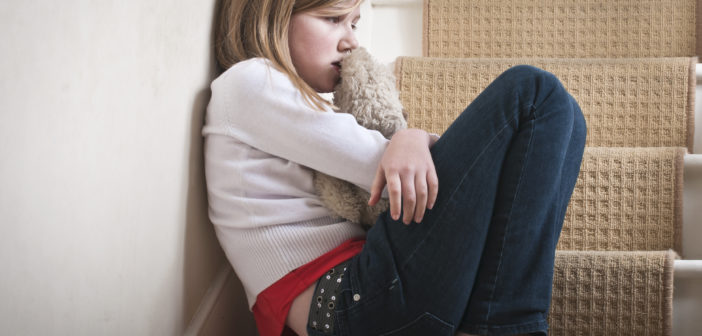“Say sorry right now!”
It’s something most parents have demanded of their child. After all, we want our child to have good manners. And an apology often negates an awkward situation – for example, if they have inadvertently done something in the playground to another child. Often we just want our child to say sorry so we can all move on.
However, does forcing an apology out of your child actually teach them anything?
Most psychologists and parenting experts agree that more important than saying the words “I’m sorry” are genuine feelings of empathy and a desire to make amends.
After all, most children forced to apologise do so with little sincerity and often it builds resentment, rather than feelings of remorse or an understanding of what they did wrong.
So what should parents do rather than immediately forcing their kids to say the words “I’m sorry”?
Here are some ideas:
Give them time to process.
In the heat of the moment your child may be feeling jumble of emotions and demanding an apology on the spot may exacerbate feelings of shame, anger or frustration. Giving your child time and space to think about what happened will help them process events and what went wrong. Sometimes it can be hard for children to understand the consequences of their actions.

Foster empathy.
Encourage them to think about what they are feeling and what the other person is feeling. This may involve gentle prompting to recount events and thinking about what would help the other person feel better. Avoid any blame and shame. Using examples of when something similar has happened to them can also help them put themselves in the other person’s shoes. Or get them to talk to the other person involved so your child can hear from them how they are feeling and ask what would make them feel better.
Acknowledge that apologies don’t always have to be the words “I’m sorry”.
A heartfelt hug between friends or a kind gesture can say more than those two words and may feel more natural to your child. This is particularly true for young children. Older kids might feel more comfortable writing a letter to a friend to express their feelings and desire to make amends.
Model empathy and making amends.
As with everything, our children learn more from what parents do than what we say. Taking ownership for our mistakes and sincerely apologising to them, or others, when we mess up is an important part of teaching our children about empathy.
Interpersonal relationships are hard enough for adults to negotiate, let alone children! But with gentle guidance and patience, we can help our children develop into empathetic humans who know how to apologise and actually mean it.
What do you think? Do you force your children to say “I’m Sorry?”

